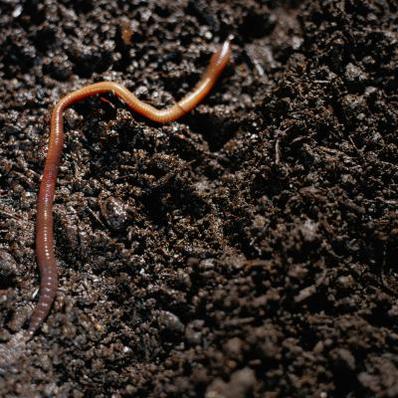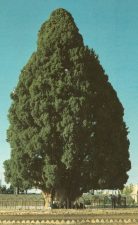 This little critter, the common red worm, is a natural organic composting machine
This little critter, the common red worm, is a natural organic composting machine
Composting for improvement of houseplants and gardens and made in your backyard or even in your own living room is a subject covered frequently in Green Prophet. Composting equipment can cost as little as ten dollars for a vegetable compost bin or by the help of a new turbo composter that makes home composting easier by shortening the compost processing time needed to make the finished product. An even more unique way to produce excellent organic compost from vegetable matter is to enlist the help of a creature that inhabits many gardens and is a natural born compost maker.
Known as the common red worm (eisenia fetida) these creatures can eat their way through a large amount of organic waste matter, especially vegetable wastes from your kitchen such as vegetable and fruit peels, tea bags, leftover bread, leftover cereal, coffee grounds and paper coffee filters. The process of worm induced composting is called vermicomposting and simply involves setting up a worm bed or box with a few hundred red worms and continuously adding waste matter to the box and letting the worms do the actual work.
The composting work these worms can do is truly amazing; and one average size red worm can “recycle” half a kilogram of household vegetable waste per day ! The worm excrement or castings is high in micro-nutrients and various trace elements that are good enriching the soil and providing essential nutrients for plants. Worms are sensitive to both light and temperature; so make sure the worm bin is away from light and kept at a temperature of between 55 and 77 degrees Fahrenheit (13 – 25 Celsius).
When removing the castings from the worm bin, be careful to make sure the worms are not injured or removed as well. Red worms or their European equivalent, European night crawlers, live about a year are are very prolific. Although they are bisexual, two worms are needed to “tango” and produce other worms which is form fertilized egg pods.
In the Middle East, these worms can be found in well watered gardens, or places that are damp enough for them, such as forests, well irrigated agricultural areas, livestock yards, etc. A small worm bin in your house or apartment should produce enough organic worm poop castings to keep your garden and house plants well fertilized for a minimal cost.
Read more on composting for home and gardens:
Make Your Own Compost Bin With Mesopotamian Bricks
Israeli Turbo Composter Makes Home Composting Easy
Make Compost in Your Living Room
Make Your Own Vegetable compost Bin for $10



It’s surprising that more haven’t shared or responded to this idea, as in my opinion it is no less important that growing herbs at home – which many do (including myself) already.